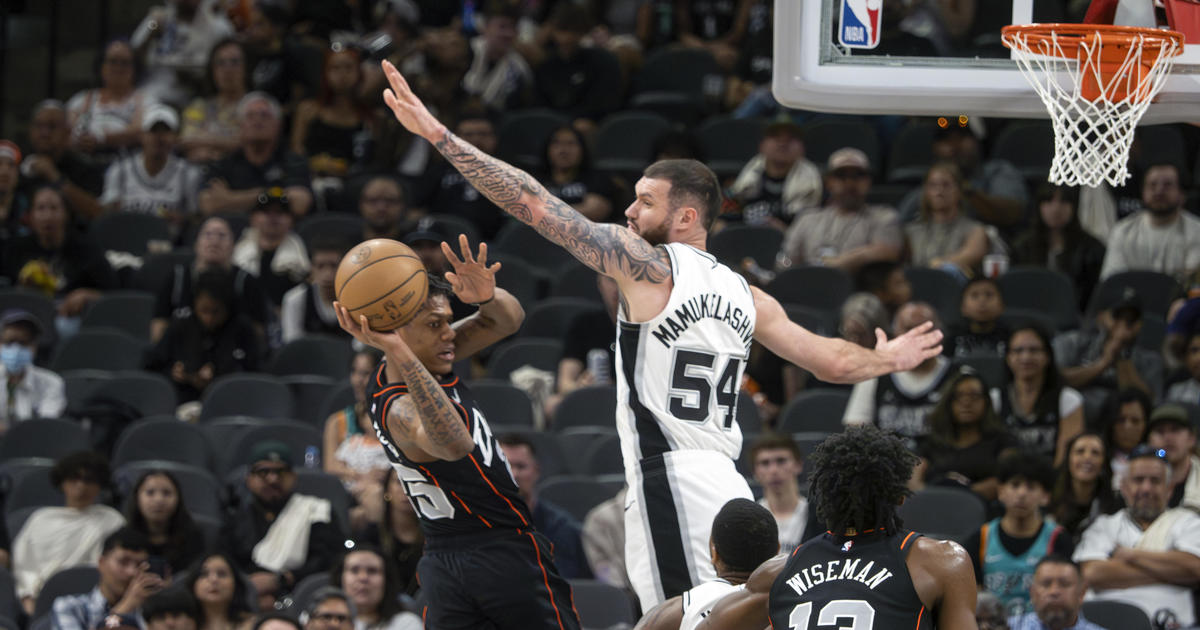DeKeyser's New Deal Puts Wings In Serious Cap Crunch
By Will Burchfield
@Burchie_kid
The Red Wings have resigned defenseman Danny DeKeyser to a six-year, $30-million deal, avoiding a potentially ugly arbitration hearing.
Instead, they have invited a salary cap dilemma.
DeKeyser's new contract represents a steep raise for the 26-year-old defenseman. He was coming off a two-year deal worth just over $2 million in annual value, and had the least productive offensive season of his career in 2015-16 with 20 points in 78 games.
Now he is in the same financial neighborhood as burgeoning stars like Seth Jones ($5.4 million cap hit), Justin Faulk ($4.83 million) and John Klingberg ($4.25 million), all of whom contribute considerably more on the offensive side of the puck. DeKeyser's new contract, which carries a $5 million cap hit, feels like a substantial overpay by comparison.
But DeKeyser's value to the Wings transcends goals and assists, so the logic goes. He is a stout defender, an assured puck-mover and a calming presence on the ice. He has emerged as the backbone of the team's blue line in the face of Niklas Kronwall's decline, and is the most valuable defensive asset at Ken Holland's disposal.
But is that worth $5 million per year? DeKeyser doesn't make up for his middling offensive numbers with superlative peripheral stats – just a 50.7 percent Corsi over the course of his career, 48.5 percent last season. And though he's a solid matchup defenseman, it would be a stretch to call him a shutdown guy, certainly not in the form of Ryan McDonagh ($4.7 million cap hit) or Marc-Edouard Vlasic ($4.25 million).
DeKeyser was likely to receive close to $5 million through arbitration, possibly even more if he hit unrestricted free agency. Perhaps the Wings were willing to overpay their best young defenseman to avoid acrimonious negotiations. But in dolling out more than DeKeyser is objectively worth, the Wings have put themselves in a dicey situation concerning the salary cap.
According to GeneralFanager.com, Detroit now has less than $1 million in cap space for the 2016-17 season. And they still have to resign Petr Mrazek, as you might have heard, an impending deal that is likely to cost the Wings about $4 million per year. That would put them well over the $73-million ceiling, and there are no ways to circumvent the NHL's hard-cap policy.
And yes: they must (and will) re-sign Mrazek. Jimmy Howard is no longer fit to be a starting goalie in this league, even if his $5.2+ million cap hit suggests otherwise. The Wings need Mrazek in the fold heading into next season, meaning Holland is going to have to shed salary somewhere else.
Three days after the settlement of Mrazek's arbitration filing, the Wings will have a 48-hour window to execute a buy out. Or, should Holland be averse to the idea of dead cap space, he can attempt to trade a hefty contract – perhaps Howard's – to a team below the $52.8-million floor. He also has the option of moving lesser-paid players to Grand Rapids, but that will provide minimal cap relief at best.
The Wings' financial predicament is the product of prior misjudgments. Most notably, Holland gave Darren Helm a five-year, $19.25 million contract earlier this offseason, a deal that made sense within the climate of the game but not within the climate of the market. (Speed kills in today's NHL. But it doesn't have to cost that much.) The Wings are dealing with the fallout now, and may be forced into making an unsavory move.
Such is life in a hard-cap league, where every dollar must be spent wisely. Misallocating a million bucks here, a half-million there, can have significant long-term consequences. The Wings were imprudent in their negotiations with Helm, as they were with DeKeyser. Now they're scratching the cap ceiling and still have to resign their starting goalie.
Holland will figure this out. He maneuvered his way out of the Pavel Datsyuk contract, remember, at little short-term cost. But he has tied his own hands by overpaying his own players, forgetting a very important rule when it comes to negotiating new contracts: potential outside offers should never influence yours.



